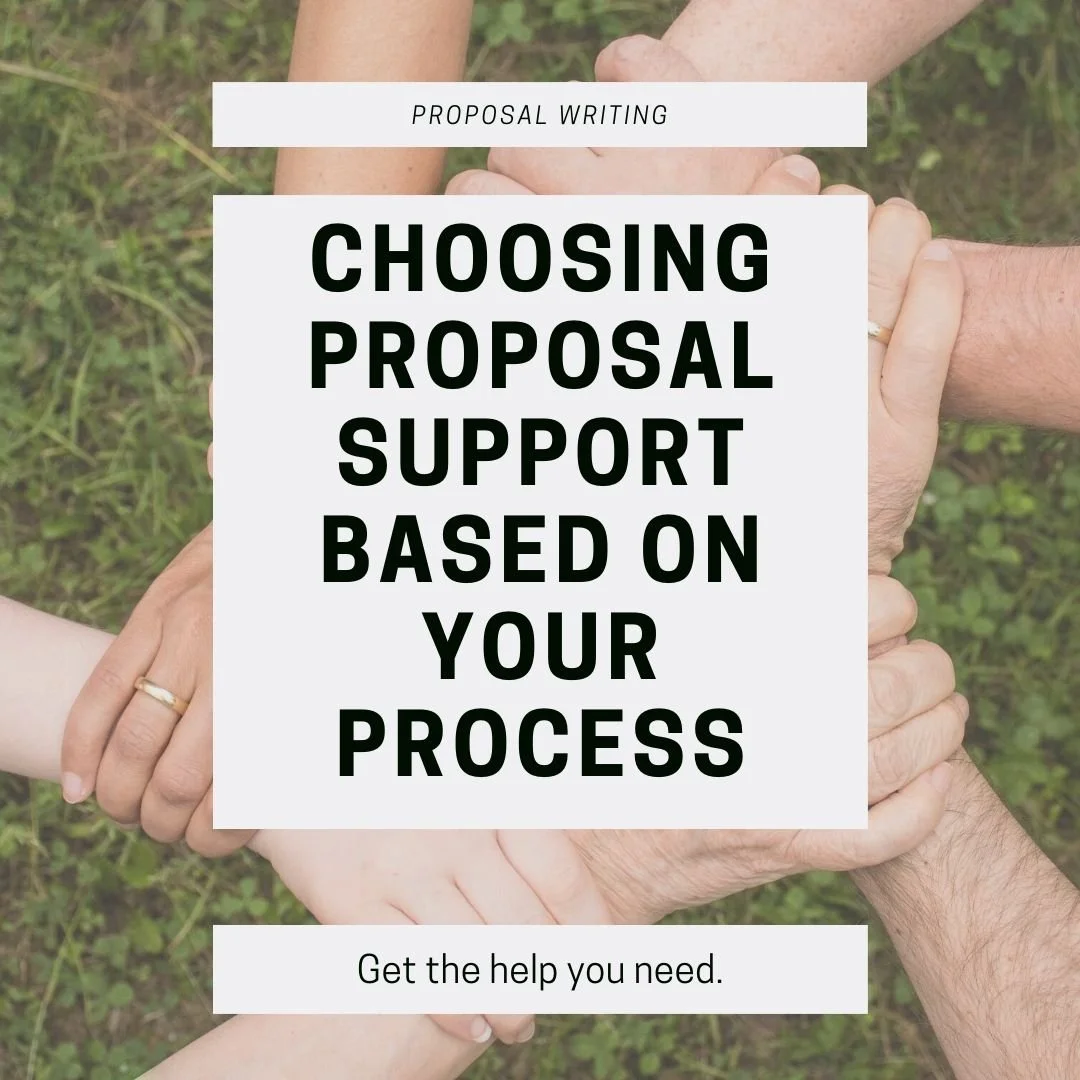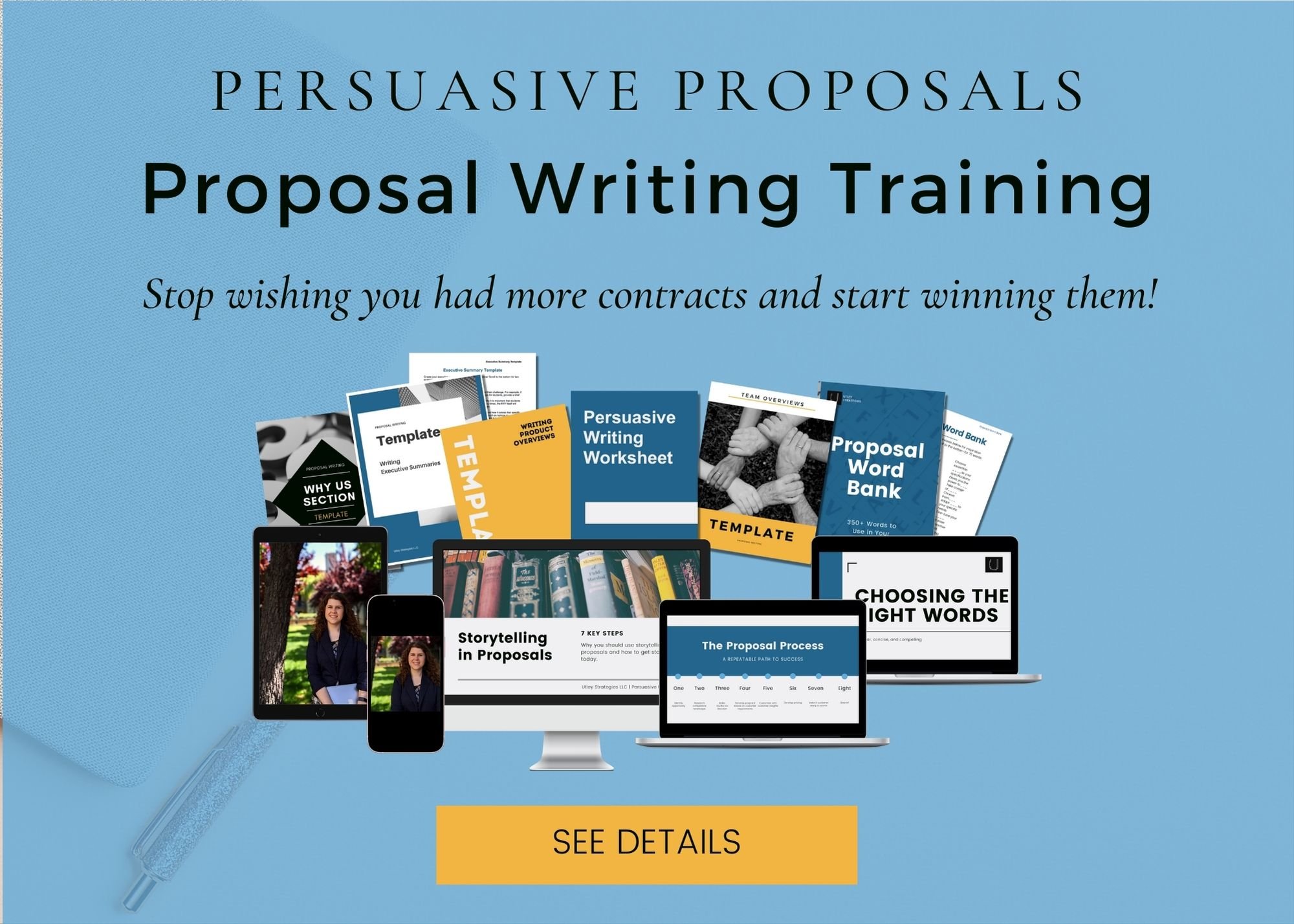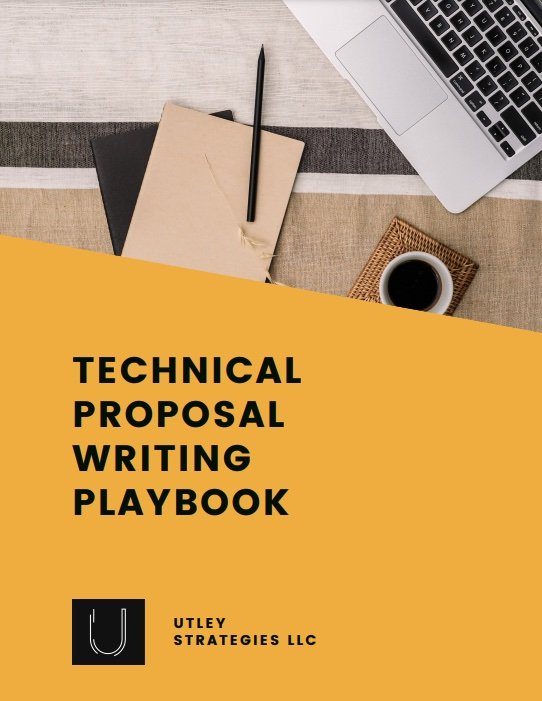What Types of Proposal Support to Hire Based on Your Proposal Process
Whether you’re just getting started with proposals or you’ve created hundreds, odds are, you’re going to need help at some point. What many organizations don’t consider, however, is the type of proposal support that is best suited for your process. Before you create a job posting for a proposal writer or hire a proposal management firm, review the below to see what would be the best fit for your organization.
If your SMEs write most of the content…
For some organizations, often consulting companies that provide custom projects, the subject matter experts are the ones creating most of the content for the proposal. This is because they are seller-doers, which means that they help to define the scope of work during the sale and then they, or someone in the same role, are involved in the actual doing of the work.
If this is your organization, then the best type of proposal support would be a proposal coordinator or manager who can manage all of the different components of the proposal without needing to create the content. People in this role will also often edit or review the final proposal, so make sure they have that skill set if you go this route. If you create a lot of proposals, it’s normally easiest to hire someone internal (more than a few a month). If your proposals are less frequent, then a freelancer proposal coordinator or outside firm can take over the management.
If you frequently respond to highly competitive RFPs….
Compliance with RFPs is a job in itself, and if you have a lot of RFPs, the best path is often to hire a proposal manager to ensure your RFPs are always submitted on time in compliance with the requirements. Proposal managers also often lead the development of the proposal strategy and some help craft content. If you have the resources, it’s best to have both a proposal manager (who will manage the proposal and lead the strategy) and a proposal writer (actually writing the content) on staff to put your best foot forward on RFPs. It is possible to find people with both the project management and writing skill set, but make sure you clearly define this before hiring so everyone is happy once the work starts.
If your sales team creates proposals…
When sales teams create proposals, it typically isn’t in response to RFPs (and if it is, then it’s time to free up their time to focus on sales and relationships instead of proposal compliance). Sales teams often send out proposals or simple quotes for specific projects. The best support for this type of environment is actually crafting a standard content library that will live within a system, such as Pandadoc or your CRM, that they can then use to send out the proposals. This allows them to pull from existing content and spend less time creating proposals while still selling in a way that aligns with your company’s brand.
If your sales team occasionally needs help with a custom proposal, you can either have an internal marketer or writer help, or work with an outside writer.
If you create custom proposals for each client…
While we would never advise creating 100% custom proposals for each client (instead, use your content library as a base), custom content does make selling easier. If you’re creating frequent custom content, it’s best to have a writer on staff who intimately understands your organization and its selling points. If that’s not an option, work with a company who takes a custom approach to each opportunity.
If demos and technical examples are a key part of your sales process…
Some concepts are easier to show than tell, and this is important to keep in mind when crafting your proposal. There are some organizations that help sellers to create videos for proposals, such as Board Studios, and this is a great path forward for complex topics or if you want to create a more personalized approach to your proposal. Sometimes an introduction video with your proposal can help get you to the final presentation round.
Download the *FREE* Technical Proposal Writing Playbook to improve your proposals today!
If most proposals are similar, but you have an occasional complex or competitive RFP…
In this scenario, your boilerplate library is essential to making your process repeatable yet still engaging for your customers. Make sure your boilerplate focuses on the customer, not just the company. For those frequent, similar proposals, your sales team or other internal team members will likely lead proposal efforts. However, when that one complex or competitive RFP comes along, it’s the perfect time to engage outside experts to help you craft the perfect proposal.




